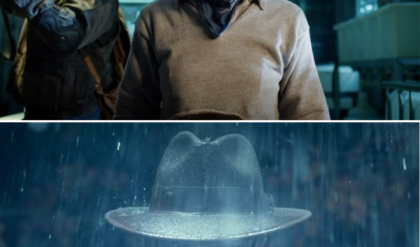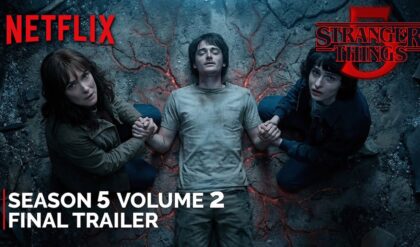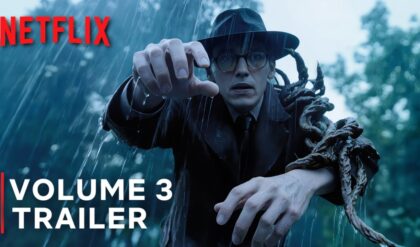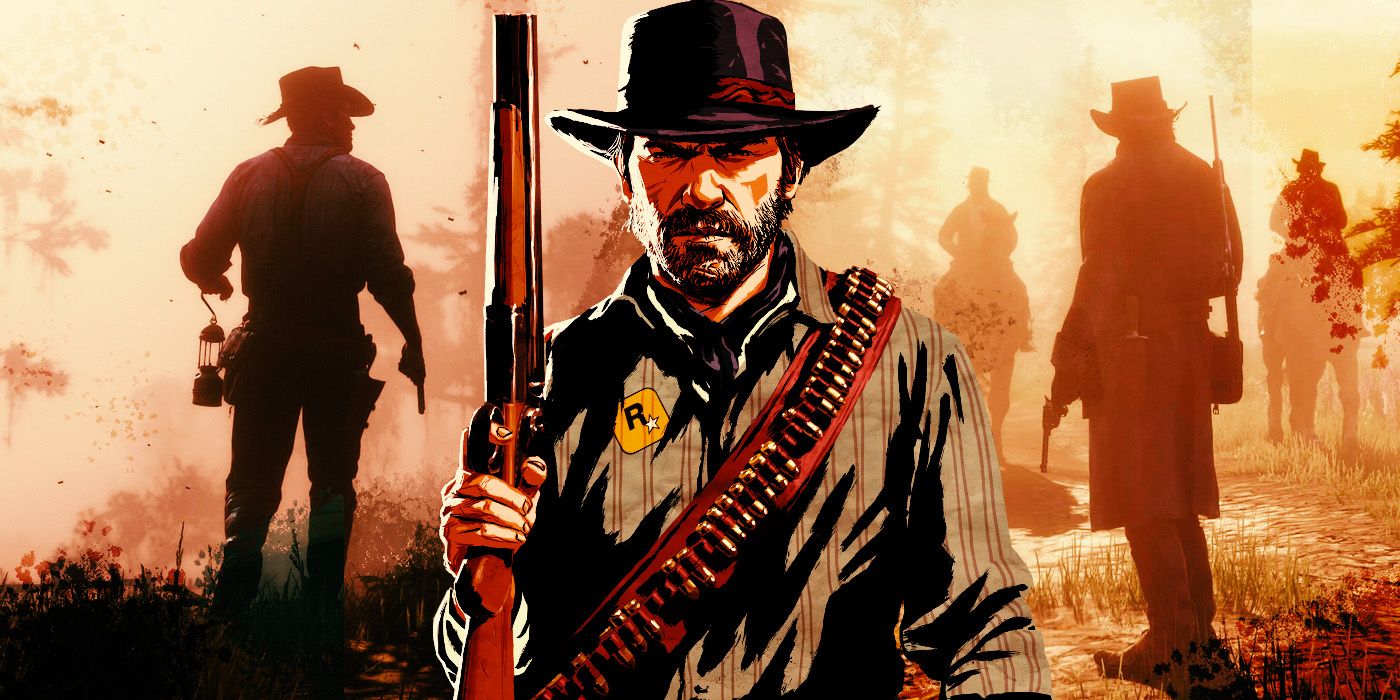
With Grand Theft Auto 6 on the horizon, players are now slowly building up hype for Rockstar’s next venture, which could potentially be a new entry into the beloved Red Dead Redemption series. RDR2 is one of the best-selling games of all time, and for good reason, as it’s unique setting and immersive gameplay make for an open-world experience like no other. So, it’s only natural that fans are hoping for Red Dead Redemption 3 to be the next big project to come out of Rockstar.
Warning. This article contains spoilers for the endings of both Red Dead Redemption and Red Dead Redemption 2.With many considering RDR better than GTA, it is no surprise that the hype train for Red Dead Redemption 3 is already underway. Of course, fans are predicting sequels and prequels with all sorts of characters lined up to take on the protagonist role. However, while a sequel or prequel would certainly be an entertaining choice, not only are there good reasons to let the Red Dead Redemption series end but there is also a perfect choice for what could follow in its footsteps.
Red Dead Redemption Has Told A Complete Story
Arthur & John’s Story Is Over
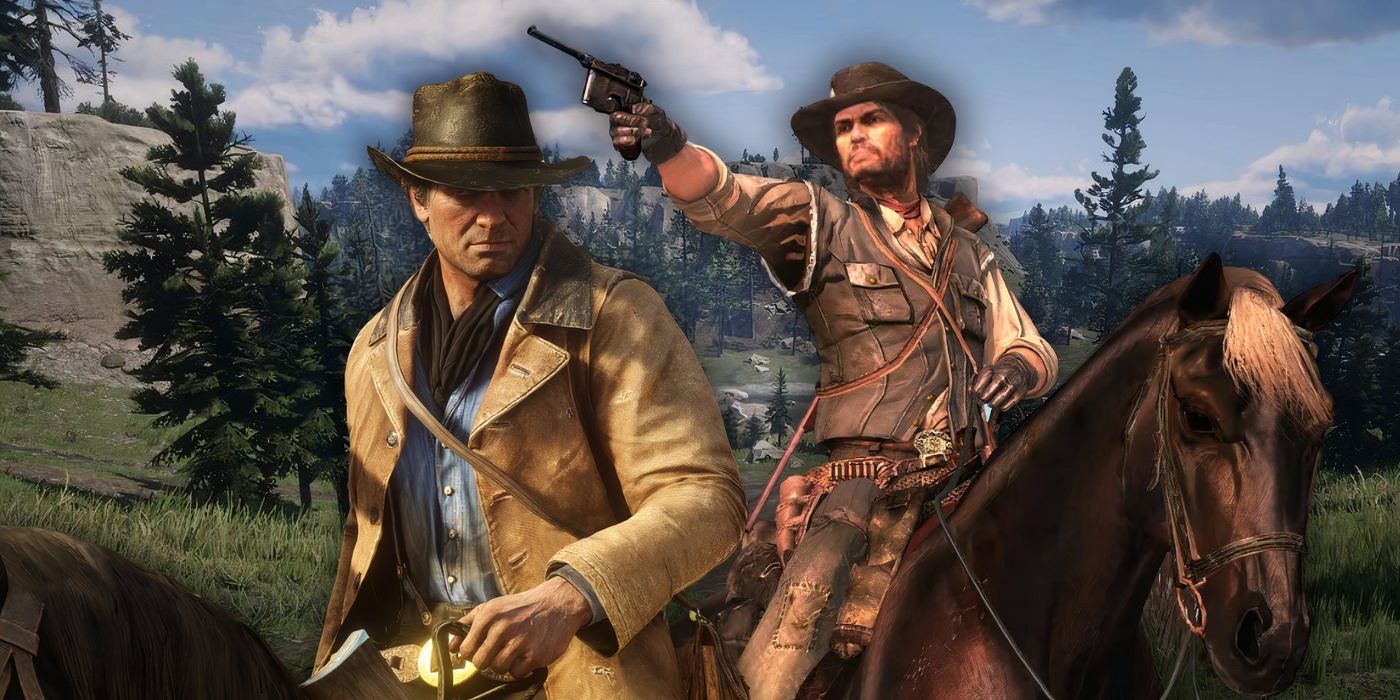
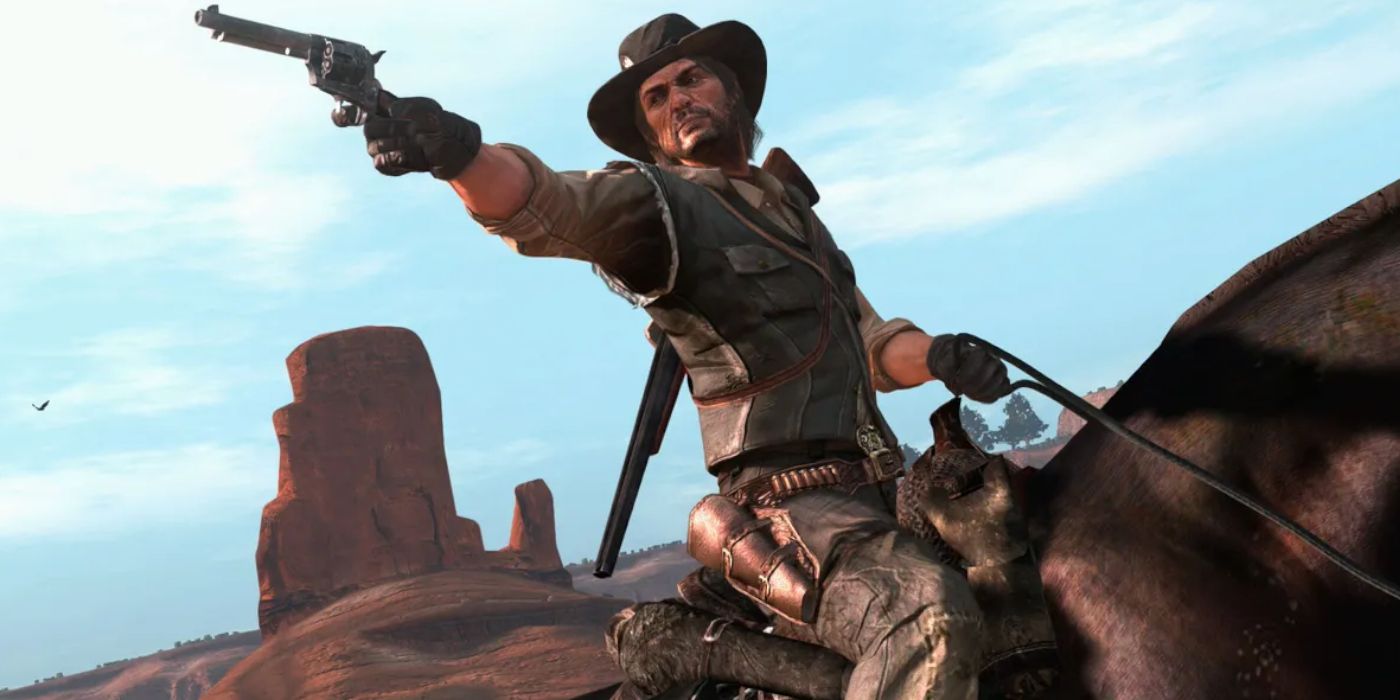
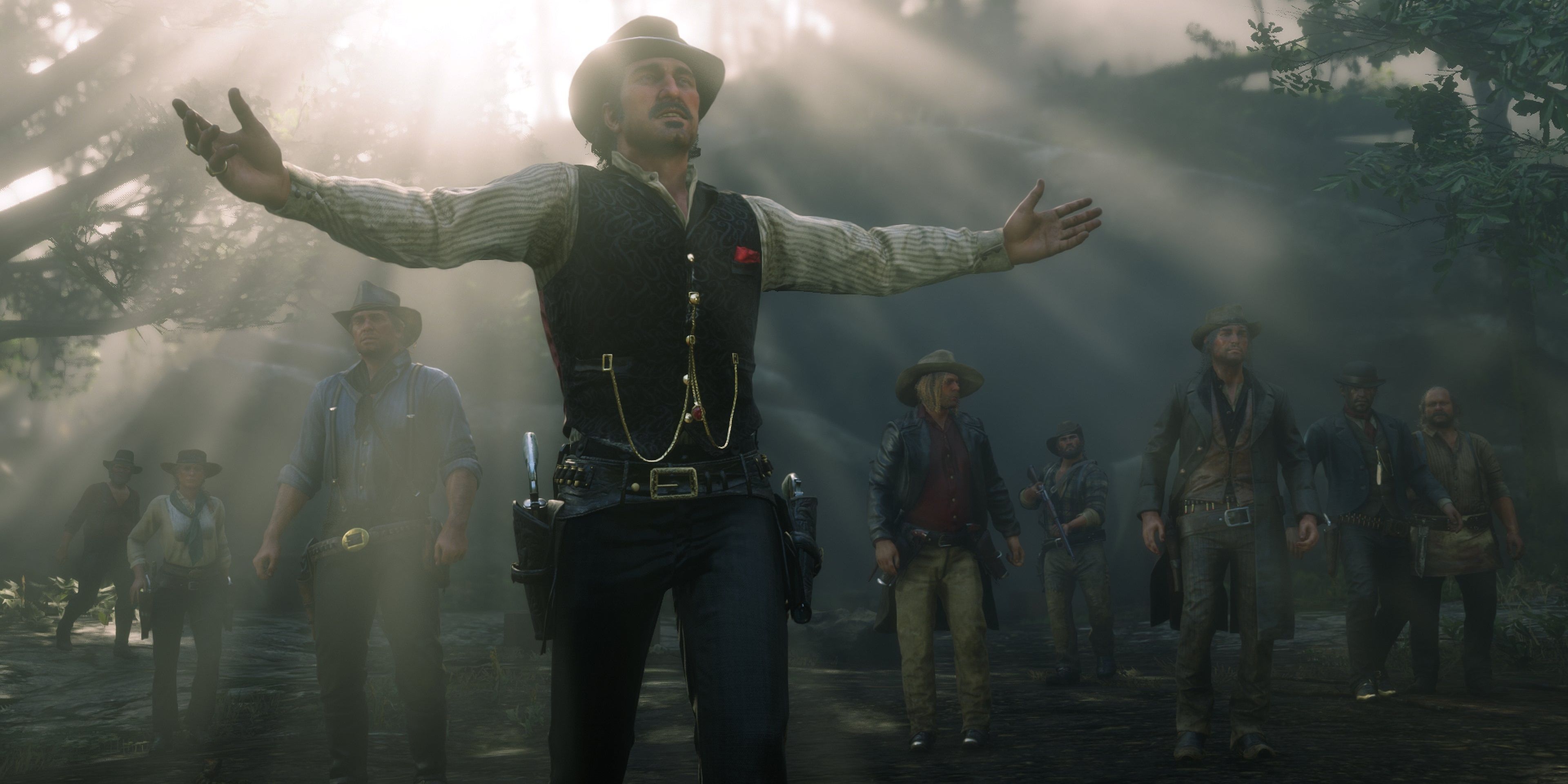



When Rockstar announced that there would be another Red Dead Redemption game, many were likely confused as the first game ended with the protagonist, John Marston, being shot repeatedly. Rockstar couldn’t bring him back, and while there were other characters that could take his place, it felt like the story was over. Fortunately, RDR2 perfectly continued the story by serving as a meaningful prequel that not only fleshed out Marston’s character but also the entire conflict of the first game.
However, with the end of Red Dead Redemption 2 also seeing Arthur Morgan die and tied so neatly into the first game, it doesn’t really make sense to continue this story anymore. While there are absolutely directions Rockstar could take in order to flesh out various fan-favorite side characters or factions present in both games, with fans even figuring out who RDR3’s protagonist should be, it is clear that the story told across the first two games is well and truly over, with any future entries only serving to complicate or potentially tarnish its legacy.
Of course, Rockstar could simply take the Red Dead Redemption name and create spin-offs. After all, there are no games like RDR, meaning it would have little competition. However, while that has worked with the Grand Theft Auto series, as the previous RDR games are so deeply connected, it would feel strange for the next numbered entry to be based around an entirely different set of characters. It feels like there’s only one logical option for Rockstar to take when it comes to following RDR, and that’s to focus on an entirely different historical setting.
Rockstar Should Explore Different Historical Settings Again
It Should Try Making Another Game Like L.A. Noire
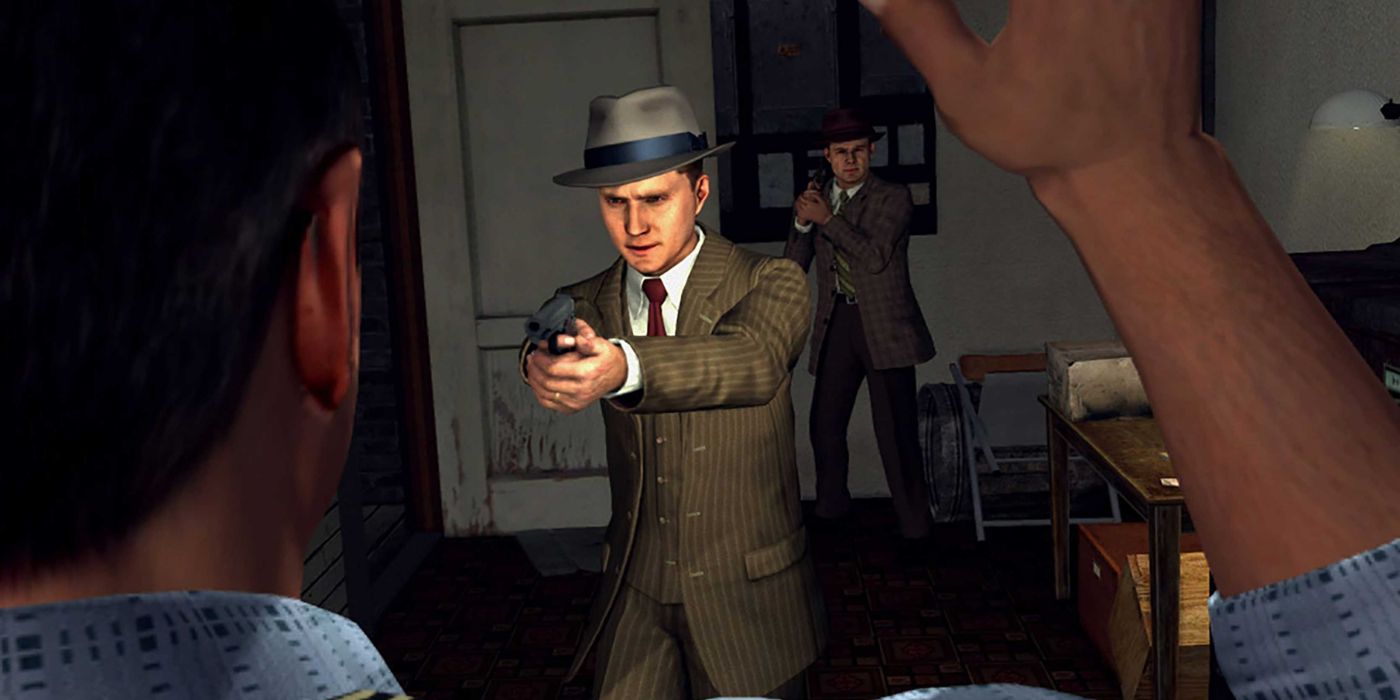
Rockstar should make another historical epic as its next game, rather than a Red Dead Redemption sequel. It has a strong track record of producing impressive historical titles, including, of course, Red Dead Redemption, but also the likes of L.A. Noire, which perfectly captured its 1940s setting and the broody tone of the films that inspired it. Even some of its lesser known titles, including Bully and The Warriors, do a good job of transporting players to the time periods they’re set in, with Rockstar successfully encapsulating the mood and look of each setting.
Many of these games, including Bully and L.A. Noire, actually had their sequels canceled, which, while a great shame for fans at the time, opens up Rockstar to either follow them up now or continue its legacy of magnificently recreating time periods and telling compelling stories within them. A game set during the Napoleonic era, for example, could lean on some of the gameplay mechanics and ideas established in the RDR games while still offering a vastly different experience. Alternatively, Rockstar could attempt its own samurai game, as the feudal Japanese time period is particularly popular.
Of course, that’s not to say that Rockstar should become the next Ubisoft and create an alternative to Assassin’s Creed. However, it has proven it can easily go toe-to-toe with Ubisoft and surpass it in many ways, especially when it comes to storytelling. It would be great to see some form of meaningful competition for Assassin’s Creed as, currently, it is the only real purveyor of historical fiction within the world of video games.
How RDR’s Strengths Could Translate To A New Game
Its Immersive Features & Combat Could Serve As The Basis For Future Historical Epics
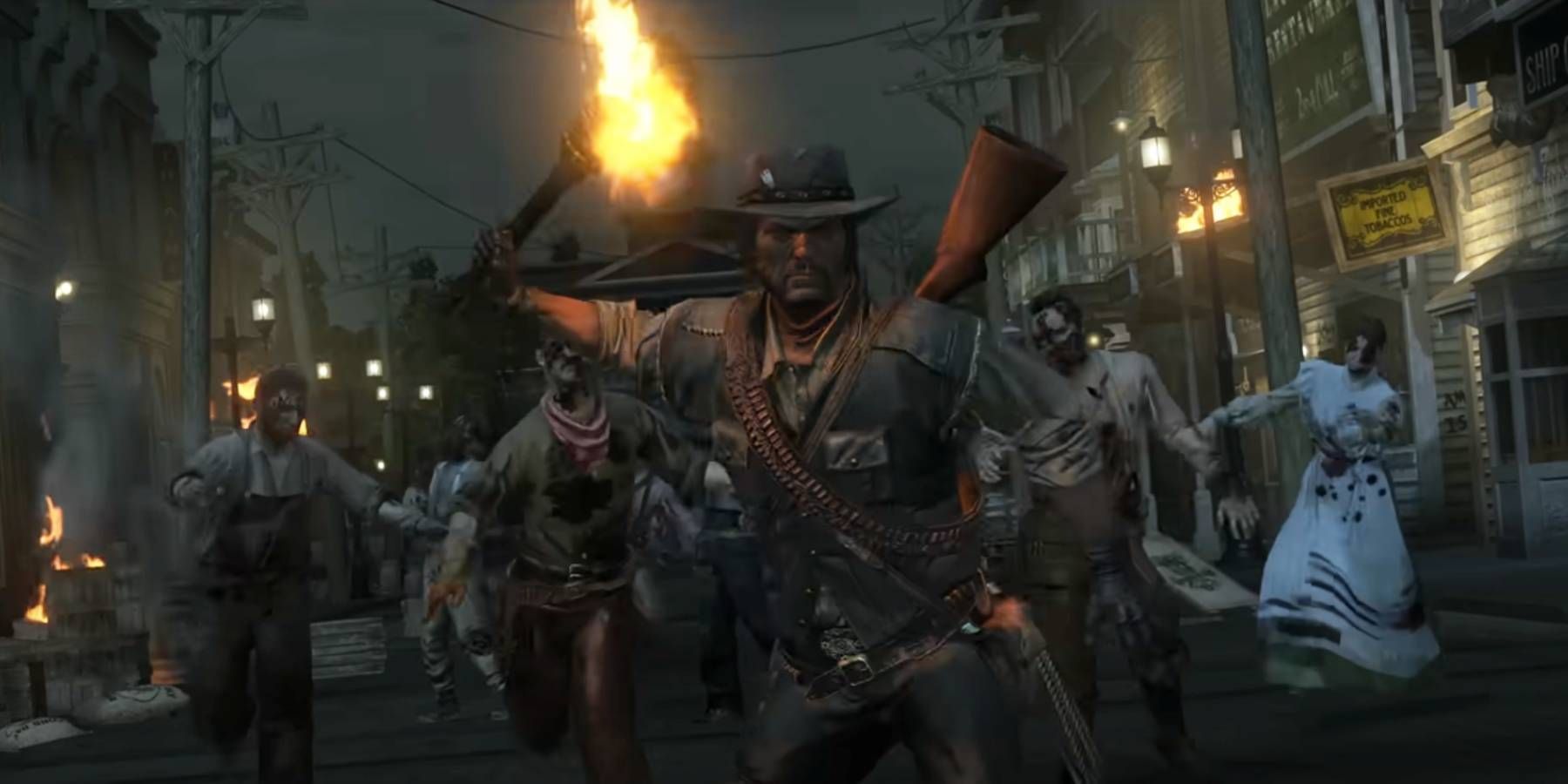
Rockstar has already perfected the historical open-world formula with Red Dead Redemption 2. Its focus on immersion and compelling worldbuilding could easily serve as a strong foundation from which to build other experiences. For example, RDR’s approach to mission design and exploration could be translated wholesale, as it is applicable to most open-world formats. Additionally, its immersive gameplay mechanics, such as its emergent events or optional minigames would help make a new historical setting feel all the more believable.
With GTA 6 projected to make billions within its first year, it’s clear that Rockstar will be dedicated to it for quite some time. That is why it is more important than ever that whatever Rockstar creates afterward is something entirely fresh. Were it to make yet another Red Dead Redemption game, players could see no new IPs or ideas from the developer for quite a few years. While that’s not to say that RDR3 wouldn’t be innovative, it would prevent Rockstar from trying new ideas, a strategy that helped make it a household name in the first place.
This may be the route Rockstar goes down, with it creating a new title within its two blockbuster series every seven years that is meant to last players until the next one. However, that would be a genuine shame, as Rockstar has managed to produce some of the most unique experiences when it’s pushed out of its comfort zone and away from its popular IPs. Of course, it’s hard to argue that getting Red Dead Redemption 3 would be a shame, but it’s perhaps harder to argue that missing out on experiments and experiences like L.A. Noire is better.
